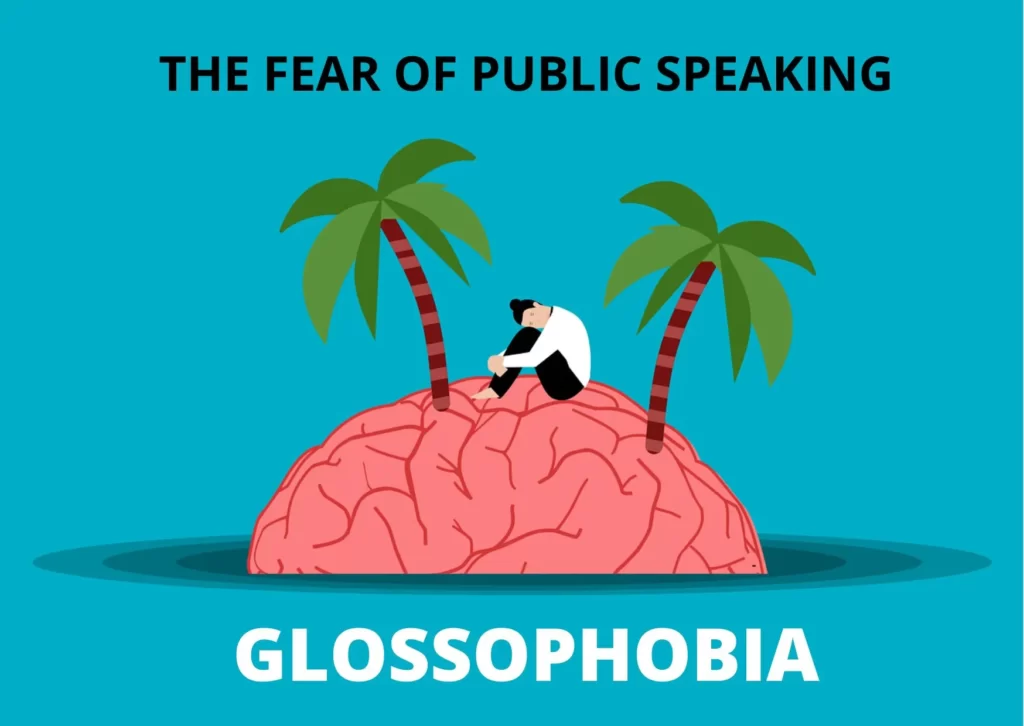Introduction
Public speaking phobia, also known as glossophobia, is one of the most common social anxieties. Millions of people experience overwhelming fear at the thought of speaking in front of a crowd. Whether it’s a business presentation, a classroom discussion, or a social gathering, this anxiety can affect one’s confidence, relationships, and career growth. Fortunately, with the right approach and support, overcoming this phobia is entirely possible. In this blog, we explore five effective and evidence-based ways to manage and conquer public speaking phobia—without relying on any medications.

If you need professional support, consulting the best psychiatrist in Delhi can provide valuable insights and personalized strategies for Phobias, Consider Visiting:
What is Public Speaking Phobia?
Public speaking phobia is a type of social anxiety disorder that causes an intense fear of being judged or embarrassed while speaking in front of others. Common symptoms include a racing heart, dry mouth, trembling hands, nausea, and avoidance behavior. In severe cases, it can even trigger panic attacks. This fear is often rooted in past experiences, low self-esteem, or unrealistic expectations of perfection.
1. Understand the Root Cause of Your Fear
Identifying the underlying reasons behind your public speaking anxiety is the first step toward overcoming it. For many, the fear originates from negative experiences in childhood, fear of failure, or the pressure to perform perfectly. Reflecting on these triggers—possibly with the help of a licensed therapist—can help you begin to dismantle the irrational beliefs that fuel your phobia.
If you’re unsure where to start, consider exploring mental health support through platforms like Delhi Mind Clinic or finding a qualified specialist on Best Psychiatrist in Delhi.
2. Practice Makes Progress
Repeated exposure to public speaking in low-pressure environments can significantly reduce anxiety. Start by speaking in front of a mirror, then progress to small groups of friends or colleagues. Recording yourself and reviewing the playback can also help identify strengths and areas of improvement.
Organizations like Toastmasters International provide a supportive environment where individuals can practice public speaking and receive constructive feedback. Participation in such groups helps build confidence and competence over time.
3. Learn Relaxation Techniques
Practicing mindfulness, deep breathing, and progressive muscle relaxation before and during your speech can calm your nervous system and reduce anxiety symptoms. These techniques are easy to learn and can be integrated into your daily routine.
4. Restructure Negative Thoughts
Cognitive Behavioral Therapy (CBT) is a widely used psychological approach that focuses on challenging and changing unhelpful thought patterns. If you often think “I’ll mess up” or “Everyone will laugh at me,” CBT techniques can help replace these with more balanced and constructive thoughts.

5. Seek Professional Help When Needed
If your fear of public speaking is significantly impacting your life, it’s advisable to seek professional help. Psychiatrists and psychologists trained in anxiety disorders can guide you through customized therapy plans, often incorporating exposure therapy and behavioral interventions.
You can consult experienced professionals at Delhi Mind Clinic or search for qualified mental health specialists through the curated listings on Best Psychiatrist in Delhi.
For national support and helplines, visit the Ministry of Health and Family Welfare.
Role of Medication and Psychiatrist in Managing Public Speaking Phobia
While public speaking phobia can often be managed through therapy, relaxation techniques, and self-help strategies, there are cases where the anxiety is so intense that professional intervention becomes essential. Psychiatrists play a crucial role in diagnosing the severity of the phobia and tailoring an individualized treatment plan.

Final Thoughts
Public speaking phobia is a common but treatable condition. With consistent practice, cognitive tools, and professional support, you can gradually reduce your fear and become a more confident speaker. Remember, it’s okay to feel nervous—what matters most is your willingness to face the fear and grow beyond it. The journey may take time, but each step forward is a victory worth celebrating.
If you or someone you know is struggling with social anxiety or public speaking phobia, don’t hesitate to seek help. Professional guidance and community support can make a world of difference.

